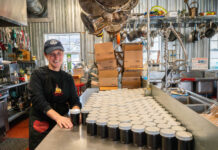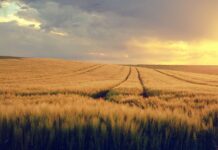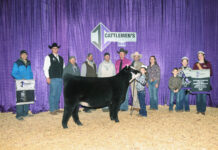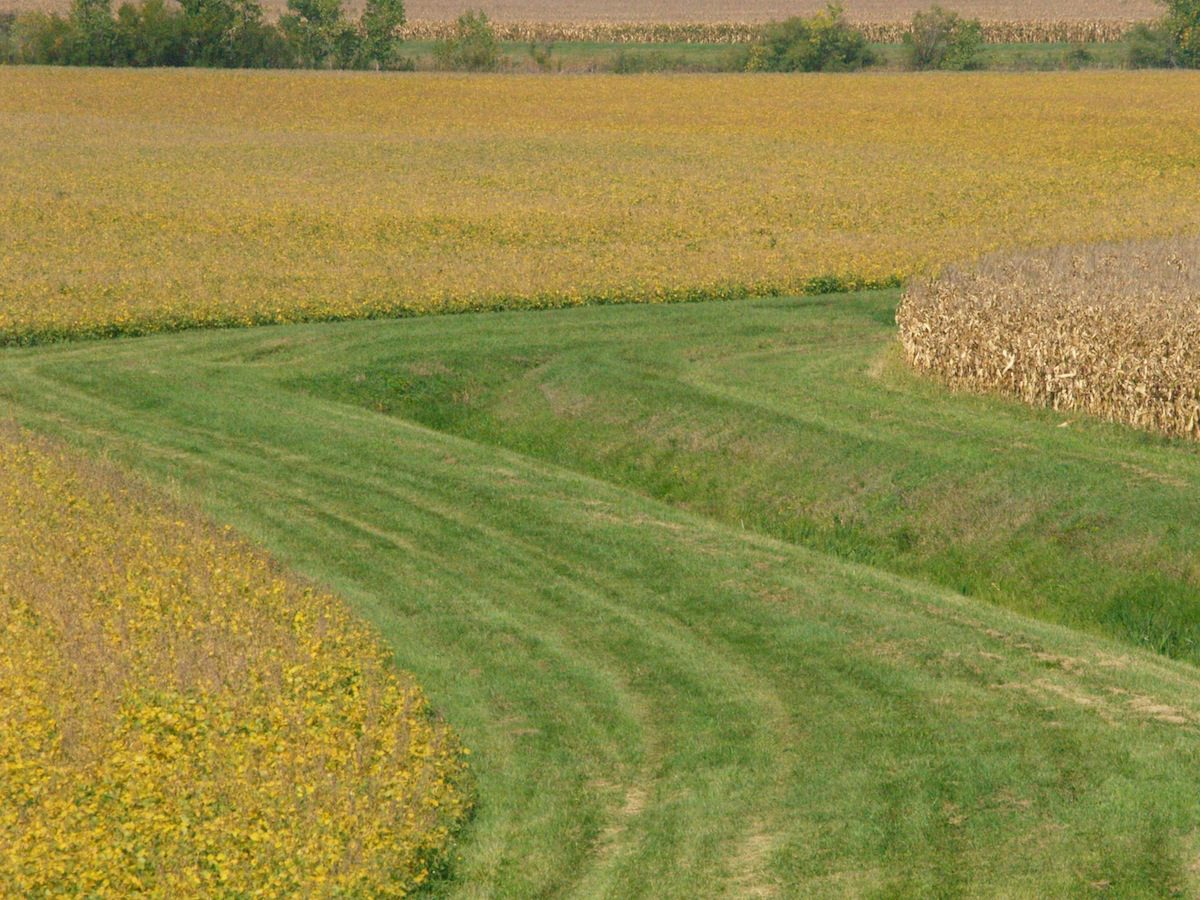Search Results for "Peppers"
News Results 83 of 443 pages
Not sure where politicians are leading us
Harry Truman once said, “No man should be allowed to be president who doesn’t understand hogs.” I chuckled when I read that quote, knowing that the greediest in the herd of pigs will grow at an alarming rate, while the weaker in the bunch will be beaten and trampled with an alarming intensity by the
How to manage your CRP grass
Mowing of CRP cover, not to exceed 20 percent of the total CRP acres in a field, is permitted.
Columbiana County dairy farmers show off cattle at fair
The Columbiana County Fair Dairy show was July 31 at the fairgrounds.
Benefits of tile drainage are inarguable
Hooray for tile! Now that’s something you don’t hear too often from people these days. Seems over the last decade or so in certain quarters that tile drainage is viewed as some sort of menace to society in our politically correct world. In fact, you might wonder, has it become a four letter word ?
About those cow burps? Cattle are actually more green these days
If all U.S. beef was grass-fed, it would increase land use by 131 million acres.
Guard against silo gas dangers
Nitrogen dioxide is a lethal gas with a yellowish-brown color, when this gas achieves further oxidation and is then combined with water it becomes a highly-corrosive nitric acid.
Hazard A Guess: Week of Aug. 28, 2003
Each week Farm and Dairy challenges readers to identify a small tool or gadget.
Be careful when managing herbicides
COLUMBUS – When it comes to managing weeds with herbicides, the worst thing a grower can do is encourage herbicide resistance through overuse or improper management.
Wealth of nations relies on Jack Frost
Economists William Masters of Purdue University and Margaret McMillan of Tufts University say frost plays two important roles in establishing the haves and the have nots of the world.
Study: No-till benefits don’t run deep
COLUMBUS — No-till production is widely considered an appropriate crop production system for sequestering carbon — the process of storing carbon in plants and the soil so the buildup of carbon dioxide in the atmosphere is reduced or slowed. But the extent of its benefits depends on soil type and soil depth, Ohio State University









